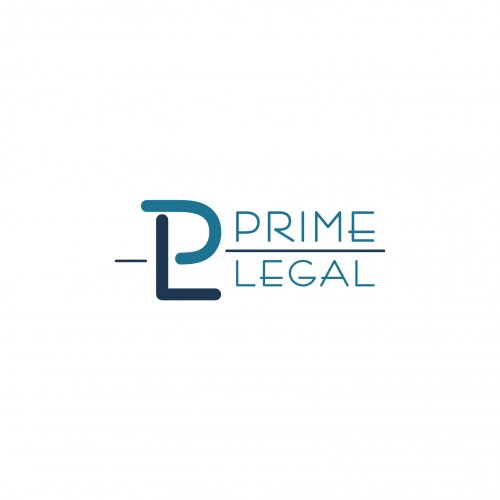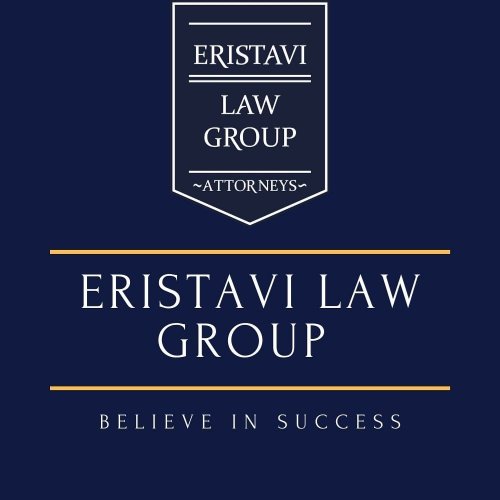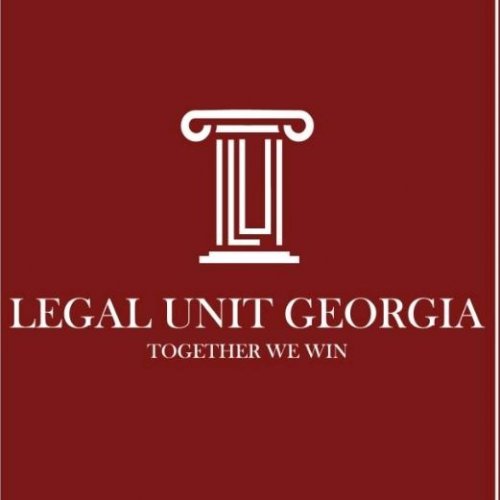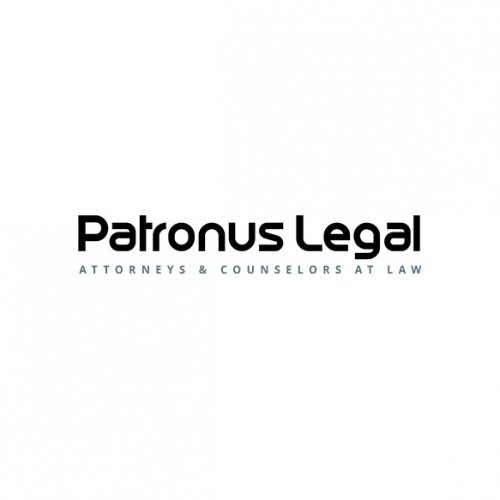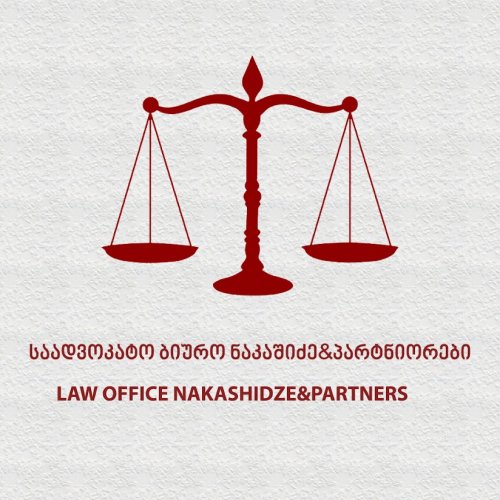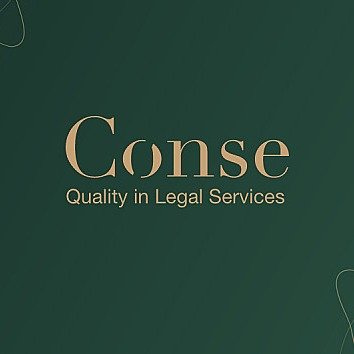Best Conveyancing Lawyers in Tbilisi
Share your needs with us, get contacted by law firms.
Free. Takes 2 min.
Free Guide to Hiring a Real Estate Lawyer
List of the best lawyers in Tbilisi, Georgia
About Conveyancing Law in Tbilisi, Georgia
Conveyancing is the legal process of transferring property ownership from one party to another. In Tbilisi, Georgia, conveyancing plays a critical role in both residential and commercial real estate transactions. It involves a series of steps and legal requirements to ensure the property sale or purchase is valid, secure, and compliant with local regulations. The process typically covers drafting or reviewing sale agreements, conducting due diligence, managing registration with public authorities, and ensuring all taxes and fees are settled. In Tbilisi, the legal framework for conveyancing aims to protect both buyers and sellers, promote transparency, and prevent fraudulent activities in real estate transactions.
Why You May Need a Lawyer
Conveyancing can be legally complex, particularly if you are unfamiliar with the Georgian legal system or if your transaction involves unique or challenging circumstances. People often require legal assistance in situations such as:
- Purchasing property for the first time in Tbilisi
- Selling property as a non-resident or foreign investor
- Dealing with inherited property and succession matters
- Handling disputes related to boundaries, encumbrances, or rights-of-way
- Managing transactions where multiple parties are involved, such as in a divorce or partnership dissolution
- Identifying and rectifying mistakes in property documentation or land registration
- Ensuring compliance with tax and legal obligations
An experienced lawyer can help navigate the process, identify potential legal risks, safeguard your interests, and ensure the transaction is completed smoothly and in accordance with Georgian law.
Local Laws Overview
The conveyancing process in Tbilisi, Georgia is governed primarily by the Civil Code of Georgia, the Law of Georgia on Public Registry, and various tax laws and regulations. Key legal aspects include:
- Property Registration: All transactions involving real estate must be registered with the National Agency of Public Registry. Registration is essential to effectuate the transfer of ownership.
- Due Diligence: Both parties must ensure that the property is free from encumbrances, debts, and third-party claims before completing the transfer.
- Notarization: Certain documents, such as sale agreements, often require notarization for legal validity.
- Foreign Ownership: Foreign nationals are permitted to own property in Georgia, with some limitations for agricultural land.
- Taxation: Buyers and sellers must be aware of applicable taxes, such as property transfer tax and capital gains tax.
- Legal Representation: While not strictly mandatory, engaging a lawyer or licensed conveyancer is highly recommended to ensure compliance and protect your interests.
Local practices and regulations can change, so working with a qualified professional is essential to keep up to date with the latest legal requirements.
Frequently Asked Questions
What is involved in the conveyancing process in Tbilisi?
The process generally includes drafting and negotiating a sale agreement, performing due diligence on the title, obtaining necessary certificates, signing and notarizing documentation, and registering the transfer with the National Agency of Public Registry.
Is it mandatory to engage a lawyer for conveyancing in Georgia?
There is no legal requirement to hire a lawyer for real estate transactions in Georgia, but legal assistance is highly recommended to avoid mistakes and legal complications.
Can foreigners buy property in Tbilisi?
Yes, foreign nationals can generally buy, own, and sell real estate in Tbilisi, except for agricultural land which is subject to certain restrictions.
How long does the conveyancing process take?
The conveyancing process in Tbilisi is relatively fast. Registration of ownership usually takes one to four business days after all documents are submitted.
What taxes or fees are involved in property transfers?
Buyers and sellers may encounter property transfer taxes, capital gains tax, notary fees, and registration fees. The exact amounts depend on the property value and transaction details.
What checks should be made before purchasing property?
Due diligence should include checking clear title ownership, verifying registration in the Public Registry, confirming the absence of debts or encumbrances, and reviewing compliance with land use and zoning regulations.
What happens if a dispute arises during the process?
Disputes such as conflicting ownership claims or contractual disagreements are typically resolved through negotiation or, if necessary, litigation in the courts of Georgia.
Are sale agreements binding if not registered?
A sale agreement has contractual force but transfer of ownership only becomes legally effective after registration with the National Agency of Public Registry.
What is the role of a notary in conveyancing?
A notary verifies the identities of the parties, ensures their consent, witnesses the signing of documents, and may certify their authenticity as required by law.
How can I verify property ownership in Tbilisi?
Ownership can be verified via the National Agency of Public Registry, which provides official property records and ownership information.
Additional Resources
If you need further information or assistance regarding conveyancing in Tbilisi, the following organizations and resources can be helpful:
- National Agency of Public Registry - official property and ownership records
- Georgian Bar Association - directory of licensed legal practitioners
- Ministry of Justice of Georgia - regulatory directives and legal information
- Notary Chamber of Georgia - for locating certified notaries
- Ministry of Finance of Georgia - details on taxation matters relevant to real estate
Next Steps
If you are considering buying or selling property in Tbilisi or need help with any conveyancing issue, consider the following steps:
- Begin by gathering all relevant property documentation and identifying any questions or concerns about your proposed transaction.
- Contact a qualified conveyancing lawyer or legal advisor experienced with Georgian real estate law. Ensure they are familiar with local practices in Tbilisi.
- Arrange an initial consultation to discuss your goals and understand the legal process, costs, and timeline involved.
- Work closely with your advisor to conduct due diligence, prepare necessary documents, and navigate registration requirements.
- Maintain clear communication with all parties involved and seek prompt legal advice if any disputes or uncertainties arise.
By following these steps and seeking professional guidance, you can minimize risks and ensure your property transaction in Tbilisi, Georgia proceeds smoothly and in full compliance with the law.
Lawzana helps you find the best lawyers and law firms in Tbilisi through a curated and pre-screened list of qualified legal professionals. Our platform offers rankings and detailed profiles of attorneys and law firms, allowing you to compare based on practice areas, including Conveyancing, experience, and client feedback.
Each profile includes a description of the firm's areas of practice, client reviews, team members and partners, year of establishment, spoken languages, office locations, contact information, social media presence, and any published articles or resources. Most firms on our platform speak English and are experienced in both local and international legal matters.
Get a quote from top-rated law firms in Tbilisi, Georgia — quickly, securely, and without unnecessary hassle.
Disclaimer:
The information provided on this page is for general informational purposes only and does not constitute legal advice. While we strive to ensure the accuracy and relevance of the content, legal information may change over time, and interpretations of the law can vary. You should always consult with a qualified legal professional for advice specific to your situation.
We disclaim all liability for actions taken or not taken based on the content of this page. If you believe any information is incorrect or outdated, please contact us, and we will review and update it where appropriate.




